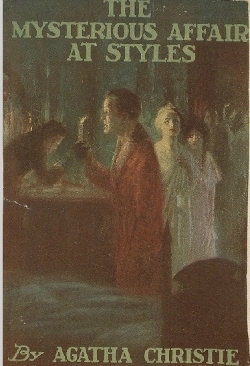With this month being the 100th anniversary of the publication of Agatha Christie’s first novel, The Mysterious Affair at Styles, I thought it would be rather fun to have a completely-unofficial and somewhat tongue-in-cheek Agatha Christie awards ceremony – with a couple categories that nobody would want to win! The panel (that’s me) has come up with the shortlist for each category and decided upon the winners! The winners are in bold.
Best Debut Novel of a Recurring Detective
Shortlist: The Mysterious Affair at Styles (Poirot); The Secret Adversary (Tommy & Tuppence); The Secret of Chimneys (Superintendent Battle); The Murder at the Vicarage (Miss Marple).
There was a fierce debate (with myself) in this first category as to whether the Miss Marple or Poirot debut novel was more impressive. There was also some debate over whether Miss Marple should be disqualified for having appeared in short story form prior to her debut novel, but The Mysterious Affair at Styles won out for Poirot anyway. It was, after all, the book that started it all, and remains a wonderful read even one hundred years after its publication. The Christie style isn’t quite fully-formed here, though, with this book and Murder on the Links still showing the obvious influences of earlier masters of the genre, from Arthur Conan Doyle to Gaston Leroux. But what a place to start a writing career from!
The Best Collection of Short Stories Released During Christie’s Lifetime (UK only)
Shortlist: The Mysterious Mr. Quin; The Thirteen Problems; The Hound of Death; The Listerdale Mystery; Poirot’s Early Cases.
It’s fair to say that all of Christie’s short story collections have things going for them – and all of them have their faults. This was very much a three-way tussle between The Hound of Death, The Listerdale Mystery, and The Thirteen Problems. Agatha even stated one time that The Thirteen Problems was one of her favourite books, but The Listerdale Mystery wins out for me, not least for the wide range of stories contained within it – including the classic Philomel Cottage, filmed twice as Love From a Stranger.

The Best Opening to a Christie Novel
Shortlist: Why Didn’t They Ask Evans; Murder Is Easy; 4.50 from Paddington; At Bertram’s Hotel
Agatha Christie was a master at grabbing the reader within just a few pages of her novels, and the four in the shortlist are first class examples of this. Three of them include dead bodies within just a few pages – or talk of a dead body – but it is the odd one out that lifts the award on this occasion. The opening pages of At Bertram’s Hotel show that Christie had lost none of her power in the 1960s, and often was writing better than ever. Here, she is like a film director. She guides us through London to the street where the hotel is, and then we go inside the hotel lobby and gaze on the various characters there until, finally, the “camera” comes to rest. It is brilliantly written, and a gift to anyone adapting this book for the screen.
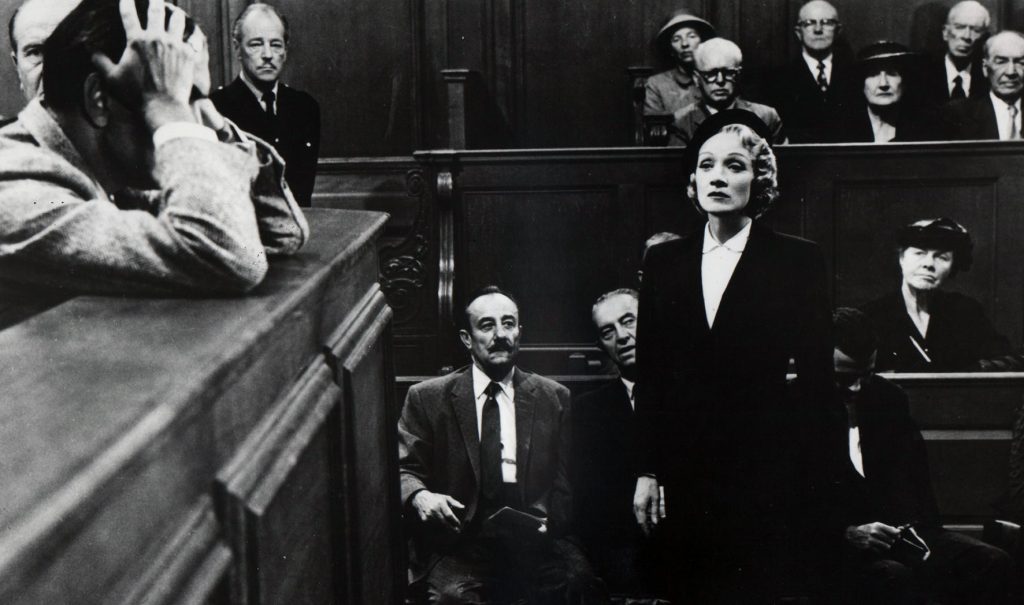
The Best Screen Adaptation of a Novel, Short Story, or Play.
Shortlist: And Then There Were None (1945); Witness for the Prosecution (1957); Endless Night (1972); Death on the Nile (1978); Nemesis (1987); Five Little Pigs (2003).
It is, perhaps, telling that the shortlist doesn’t include anything made after 2003 – and that the ITV “Marple” series wouldn’t have even have made a list that was twenty or thirty titles in length. All of the shortlist have a great deal going for them, but Witness for the Prosecution (pictured above) wins out thanks to the wonderful direction of Billy Wilder and a cast that includes Marlene Dietrich, Tyrone Power and Charles Laughton. It doesn’t get much better than that. I should add a note here that the ITV production of The Last Seance from 1986 may well have made the shortlist if it had been available to view. Sadly, it seems to have vanished from our lives for good for whatever reason – a great shame, as I remember it to be excellent.
The Worst Screen Adaptation of a Novel, Short Story or Play
Shortlist: The Alphabet Murders (1965); Appointment with Death (2008); The Secret of Chimneys (2010); Partners in Crime (2015); The Witness for the Prosecution (2016).
The prize that nobody wanted to win goes to the ITV “Marple” concoction that called itself The Secret of Chimneys, but had precious little to do with the book (pictured below). Poor Julia McKenzie wanders around as if Miss Marple doesn’t know what the hell is going on (and there’s no reason why she should as she’s not in the book) – and by the end of the two hour episode, the viewers don’t know either, and most likely don’t care. It is difficult to come up any ITV drama series that went on for this many years that was so badly written, lazily directed, and had virtually no production values. A complete disaster.

Best Actor or Actress in a Leading Role
Shortlist: Tyrone Power (The Witness for the Prosecution); Margaret Rutherford (Miss Marple); Peter Ustinov (Poirot); Joan Hickson (Miss Marple); David Suchet (Poirot)
I confess that after I came up with this category, it wasn’t that easy to fill it with a shortlist – but there was little competition as far as I could see. While Suchet’s Poirot is popular for many people, Joan Hickson really understood Miss Marple without becoming so obsessed with how she’s portrayed in the books that her performance became the series of idiosyncrasies and mannerisms that Suchet became from time to time. It was a superb performance, and one unlikely to be bettered – although a new TV adaptation of The Body in the Library is due to be aired late next year.
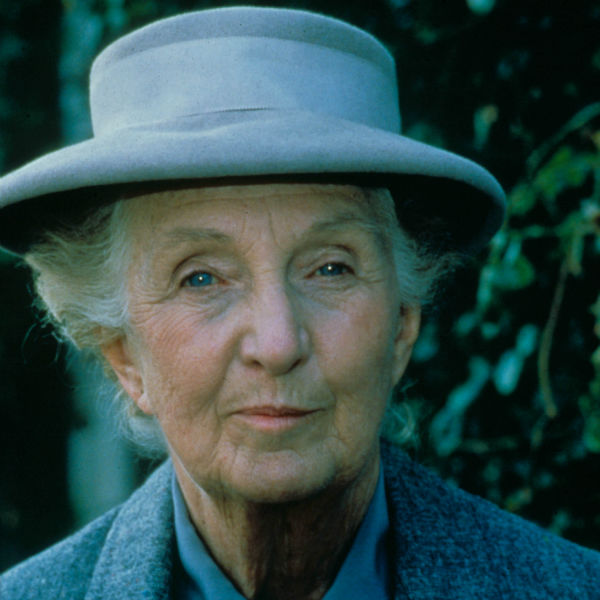
Best Play
Shortlist: And Then There Were None; The Mousetrap; The Witness for the Prosecution; Spider’s Web; Verdict; The Unexpected Guest
This was a very tough category, but I would imagine most people who have seen it will know that The Mousetrap was never going to win out. I’m sure most would go for Witness for the Prosecution, but I’m going for the little- known Verdict. This isn’t a mystery as such, despite its title, but a wonderfully dark and sober character study which is quite different to the style of writing that Christie is known for. Sadly it never got turned into a novel, but it would work so well as one, and, yes, I’d very much like the job!!! If only!
Most Under-rated Novel
Shortlist: The Seven Dials Mystery; Sad Cypress; Five Little Pigs; Taken at the Flood; Cat Among the Pigeons
It would never win out if there was actually a panel of people choosing these winners instead of just me, but Taken at the Flood clinches it. The first half is the nearest that Christie got to writing a Mary Westmacott novel under her real name, and the characterisation is superb. Poirot finally appears half-way through for the second half, which is the whodunnit element. It’s beautifully written, and a classy piece of work that never seems to get mentioned in the best-of lists.

Best Stand-alone Novel
Shortlist: Why Didn’t They Ask Evans; And Then There Were None; Murder is Easy; Crooked House; Ordeal by Innocence; Endless Night
There was considerable competition for this category, with all of the shortlist being fine novels in their own right – and a couple of them having examples of Agatha’s cleverest twists. If we were looking at the best traditional Christie, then And Then There Were None would have won quite easily, but Endless Night wins out as one of Christie’s greatest achievements – and something completely different from an author who was 77 at the time of writing. If And Then There Were None was a great mystery novel, then Endless Night was a great novel in its own right.
Best Tommy and Tuppence Book
Shortlist: The Secret Adversary; Partners in Crime; N or M; By the Pricking of my Thumbs
N or M grabs this one. The Secret Adversary and Partners in Crime are great fun, but don’t really hold up to close scrutiny beyond that. By the Pricking of My Thumbs is one of the better of the final novels, but its creepiness seems to have been over-exaggerated during the ensuing decades. N or M, though, is genuinely interesting, not least because this was the period when Agatha finally started to draw on world events for her plots. This is something of a cross between the young adventurer-type novels and a genuine whodunnit, and it works very well indeed, even if it doesn’t come close to the best Marple or Poirot books.
Best Miss Marple Novel
Shortlist: The Body in the Library; The Murder at the Vicarage; The Moving Finger; A Murder is Announced; 4.50 from Paddington
This is really a fight between the final three on the shortlist, all of which are fine works. But The Moving Finger is really in a league of its own – even if it only sneaks into the category because Miss Marple is in it for such a short time – in fact, her appearance is probably to the detriment of the novel. But it’s a brilliantly written account of village life with likeable and fleshed out characters, and the mystery itself makes up only part of the narrative. Agatha herself stated that this was one of her favourites, and it’s hardly surprising.
Best Poirot Novel
Shortlist: The Murder of Roger Ackroyd; The A.B.C. Murders; The Murder on the Orient Express; Appointment with Death; Taken at the Flood; Cat Among the Pigeons.
I will be honest and say that Appointment with Death is included in the shortlist as a nod to the many people who find it to be one of Christie’s best novels. I personally do not, for its filled with unlikeable, sometimes idiotic, characters that are difficult to care about. So my award goes to The A.B.C. Murders. Unlike Ackroyd and Orient Express, it doesn’t rely on a big twist in its conclusion. Instead, it’s a perfectly crafted book that really is engrossing from the first page to the last. For those still reading by this point, Taken at the Flood would have been in second place.

Best-avoided Novel or Short Story Collection
Shortlist: Poirot Investigates; Passenger to Frankfurt; Elephants Can Remember; Postern of Fate; While the Light Lasts
We can forgive the bland nature of the stories of Poirot Investigates as Agatha had clearly not yet mastered the art of the short story (if she ever did). We can excuse Passenger to Frankfurt, Elephants Can Remember and Postern of Fate because of the effects of old age. But we can never excuse the appalling attempt to scrape the barrel and issue the not-worth-the-effort While the Light Lasts, a (perhaps thankfully) slim collection of short stories that had never been issued in book form for a very good reason! There’s little doubt that Ms. Christie would have been appalled at these trifles being resurrected.
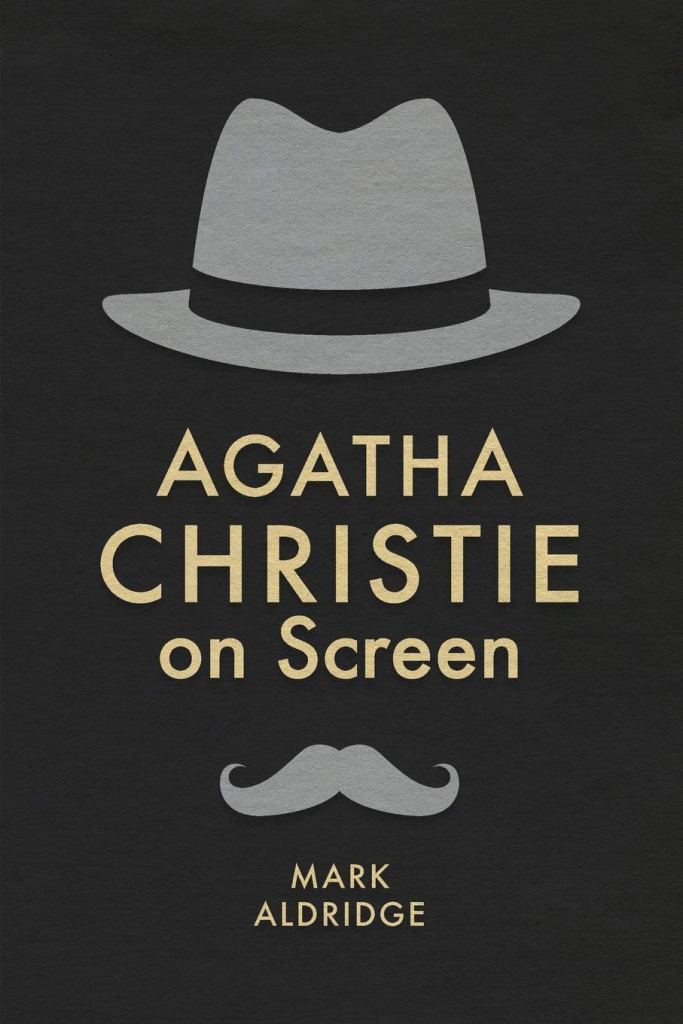
Best Biography or Book about Christie’s Work
Shortlist: Agatha Christie’s Complete Secret Notebooks (John Curran); Agatha Christie: A Biography (Janet Morgan); The Life and Crimes of Agatha Christie (Charles Osborne); Agatha Christie on Screen (Mark Aldridge); Curtain Up. Agatha Christie: A Life in Theatre (Julius Green)
This is the only time when we have a joint winner, but it is too difficult to make a call between the (relatively recent) books on screen adaptations of Agatha’s work and her work in the theatre. Both Mark Aldridge and Julius Green present lengthy, in-depth, brilliantly-researched tomes on their respective subjects, shedding light on these two important areas. Aldridge literally takes each adaptation and tells us about its inception and success (or otherwise) with both audiences and critics, as well as giving an honest critique himself. Meanwhile, Julius Green sheds light not only on the famous plays, but also the ones that rarely get revived, and a significant number that have never been performed or published at all. Highly recommended books.
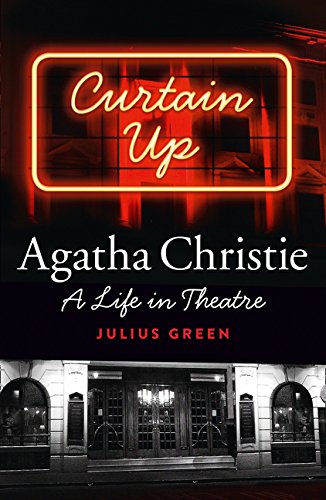
Best Novel
Shortlist: The A.B.C. Murders; And Then There Were None; The Moving Finger; Endless Night
And so we come to the big one. All four books are excellent novels, but The A.B.C. Murders is the clear winner here, with it being a novel featuring one of the greatest fictional detectives ever created in what is most likely his finest hour. Of course, the return of Hastings is also most welcome, and through his eyes we learn a considerable amount – not just about the case, but about changes occurring in Britain at the time and Christie’s view on them. It remains a fascinating read.
And that brings us to the end of our little ceremony. Hopefully, it’s been a bit of fun, and maybe created a bit of discussion. If nothing else, perhaps it will get you going to the bookshop and hunting down some of the titles mentioned here. And, of course, happy birthday to The Mysterious Affair at Styles!
